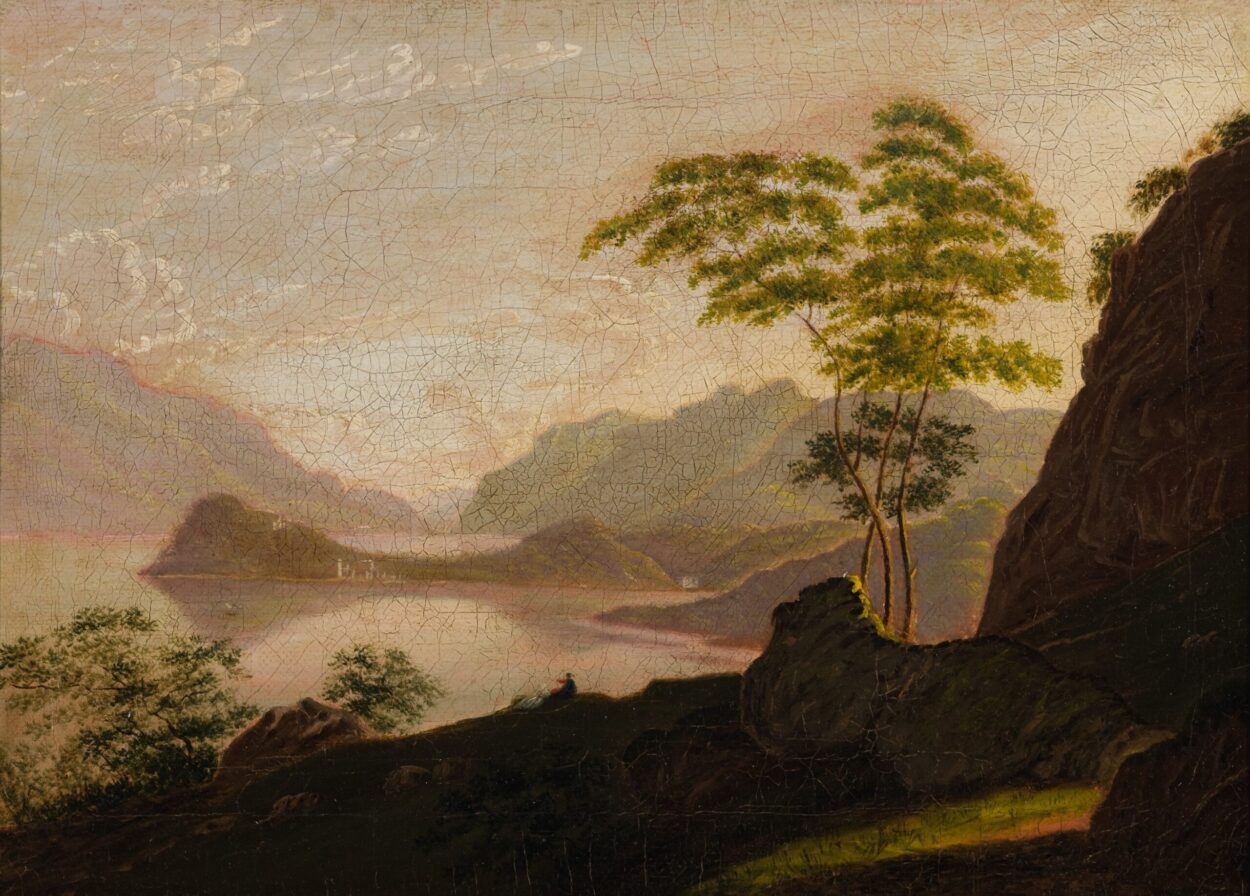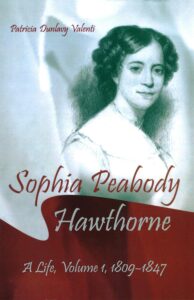
A Letter from Sophia Peabody to Nathaniel Hawthorne
Sophia Amelia Peabody (1809-71) was born in Salem, Massachusetts, in 1809, the youngest of three talented sisters. Sophia, though troubled by ill health for much of her life, was a painter and copyist. From 1833-35 she lived in Cuba, in the hope that the climate might there improve her health. She also wrote articles that were published in American journals. After her marriage to Nathaniel Hawthorne she proved a supportive and resourceful wife, at one time keeping the family finances afloat by selling handpainted lampshades and firescreens.
Nathaniel Hawthorne (1804-64) American novelist and short story writer, was born in Salem, Massachusetts. His father died when he was four. By 1842 he had a growing reputation as a short story writer but little income. In a period of unemployment between work for the customs service he wrote The Scarlet Letter (1850), at once hailed as a masterpiece. The novel that followed, The House of the Seven Gables, the story of a curse eventually lifted by love, solidified his reputation as a fine writer. From 1853-57 he served in England as American consul in Liverpool, and then visited Italy with his family. They returned to New England, where Hawthorne died at age 60.
Sophia and Nathaniel became engaged on New Year’s Day, 1939, but were not able to marry until 1842. The following is a letter from their courtship.
December 31, 1839
Best Beloved,
I send you some allumettes [lampshades] wherewith to kindle the taper. There are very few but my second finger could no longer perform extra duty. These will serve till the wounded one be healed, however. How beautiful is it to provide even this slightest convenience for you, dearest! I cannot tell you how much I love you, in this back-handed style. My love is not in this attitude,– it rather bends forward to meet you.
What a year has been to us! My definition of Beauty is, that it is love, and therefore includes both truth and good. But those only who love as we do can feel the significance and force of this.
My ideas will not flow in these crooked strokes. God be with you. I am very well, and have walked far in Danvers this cold morning. I am full of the glory of the day. God bless you this night of the old year. It has proved the year of our nativity. Has not the old earth passed away from us?–are not all things new?
Your Sophie


You must be logged in to post a comment.